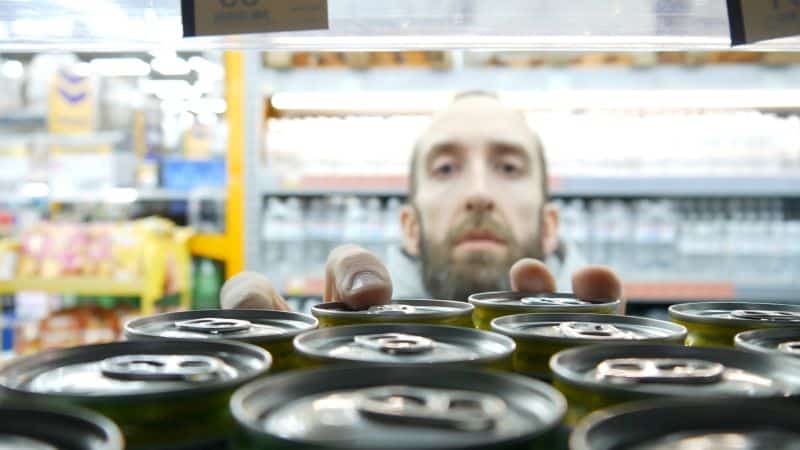- Home
- Product
- Patient
- Order Online
- Prescription Quote
- Collect at your Pharmacy
- Find a Pharmacy
- Find a Integrative Doctor
- Track my Medicine
- What is a Compounding Pharmacy?
- Child Friendly Medication
- Vet & Animal Compounding
- Easy to Swallow Pills
- Motion & Seasickness
- Medication without the Additives
- Unavailable Medications
- Schedule 8 Shipping Waiver
- Pharmacists
- Prescribers
- Shop
- FAQs
- About
- Careers
- Contact Us
- Home
- Product
- Patient
- Order Online
- Prescription Quote
- Collect at your Pharmacy
- Find a Pharmacy
- Find a Integrative Doctor
- Track my Medicine
- What is a Compounding Pharmacy?
- Child Friendly Medication
- Vet & Animal Compounding
- Easy to Swallow Pills
- Motion & Seasickness
- Medication without the Additives
- Unavailable Medications
- Schedule 8 Shipping Waiver
- Pharmacists
- Prescribers
- Shop
- FAQs
- About
- Careers
- Contact Us
Link Discovered Between Male Hair Loss and Sugary Drinks

If you’re worried about a receding hairline being part of your not-too-distant future you may want to re-think your next fizzy pop or sugary drink.
A new study conducted by a Bejing University and published in Nutrients journal has found a correlation between male pattern hair loss (MPHL) and the consumption of drinks containing high levels of added sugar.
Researchers recruited over 1000 men aged between 18-45 years to take part in the four month study conducted in 2022. Around 58% of participants were already experiencing the symptoms of MPHL and around 42% of participants were not.
Throughout the study period only 11.8% of participants reported no consumption of any high sugar beverages in the previous month, with the average rate of sugary drink consumption by participants being 11.15 drinks per week.
For the purposes of the study sugary drinks were defined as soft drinks, energy and sports drinks and juice, milk, tea and coffee that had been sweetened with the addition of sugar.
At the end of the study period, researchers found that men with MPHL consumed almost twice as many sugary drinks (4293ml on average) than those who did not have MPHL (2513ml on average).
Interestingly, the researchers found that even when the data was adjusted for sociodemographic, dietary and psychological factors, the association between hair loss and high sugary drink consumption remained.
Researchers involved in the study have hypothesized that the correlation between high sugary drink intake and MPHL may be caused by the high and continuous supply of glucose triggering the polypol pathway – the two-step process that converts glucose to fructose – to become overactive.
According to the researchers, “In vitro and in vivo studies have shown that glucose utilisation in the polyol pathway reduces the amount of glucose available to the outer root sheath keratinocytes of hair follicles….Lack of energy in outer root sheath keratinocytes is considered a possible cause of MPHL.”
The researchers note that their findings illustrated correlation, not causation, and relied on self-reported, not clinical, data.
For more information on effective treatments for hair loss – both drug and non-drug – as well as no obligation advice, contact the friendly staff at National Custom Compounding on 1300 731 755 or [email protected].
